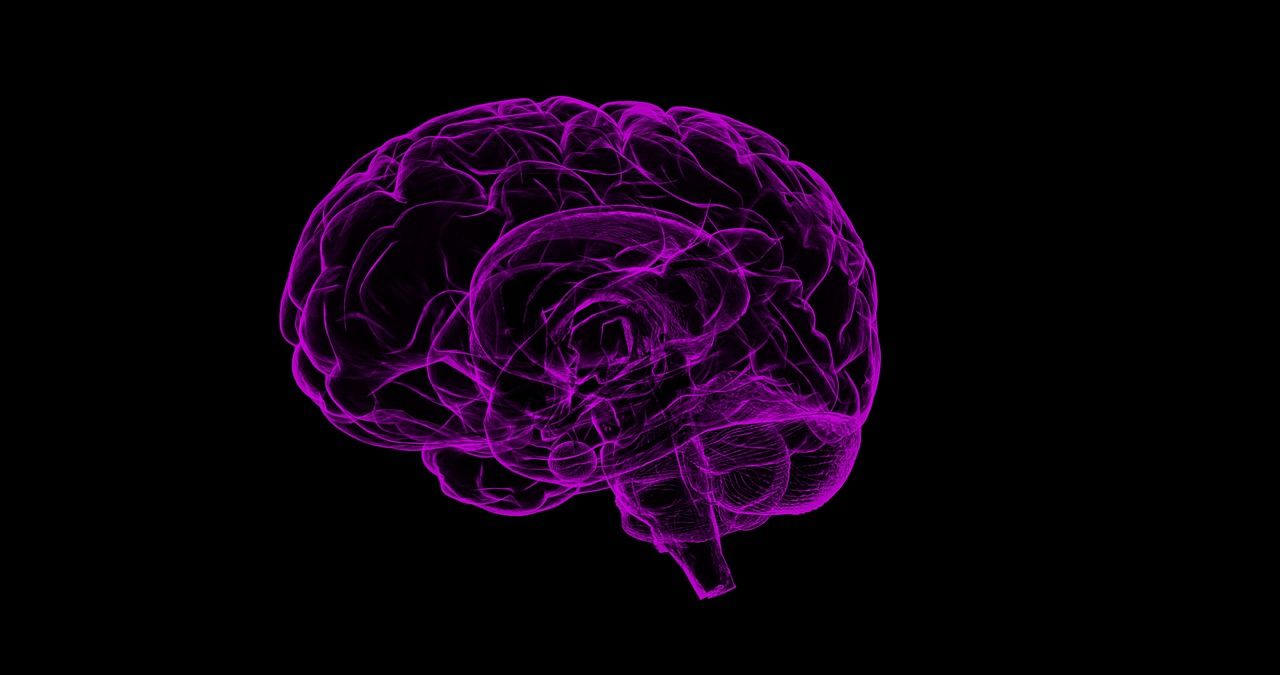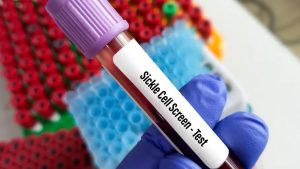The experimental drug lecanemab shows “potential” as an Alzheimer’s disease treatment, according to new Phase 3 trials, but the results raise some safety concerns because of its association with some adverse effects.
The Phase 3 trial was conducted at 235 sites in North America, Europe, and Asia from March 2019 through March 2021. It involved 1,795 adults, aged 50 to 90, with mild cognitive impairment due to early Alzheimer’s disease or mild Alzheimer’s disease-related dementia.
Also Read | Who is Brian Johnson a.k.a. Liver King, social media star whose steroid routine has been exposed online?
Lecanemab is a monoclonal antibody, that works by binding to amyloid beta, a hallmark of degenerative brain disorder. Lecanemab has become one of the first experimental dementia drugs to show the slowing of the progression of cognitive decline.
According to the trial data published Tuesday in the New England Journal of Medicine, a Phase 2 trial did not show a significant difference between lecanemab and placebo in Alzheimer’s disease patients in 12 months but the Phase 3 trial data shows that at 18 months, lecanameb was associated with more clearance of amyloid and less cognitive decline.
Also Read | Why are China’s COVID rules so strict?
At the start of the study, the participants’ average amyloid level was 77.92 centiloids in the lecanemab group and 75.03 centiloids in the placebo group. According to the research, by 18 months the average amyloid level slipped 55.48 centiloids in the lecanemab group and went up by 3.64 centiloids in the placebo group.
Also Read | What is Boil Water Notice?
Drug manufacturers Eisai and Biogen hired 1,795 people with earlier Alzheimer’s disease and amyloid beta in the brain. Participants were given either a 10 mg per kilogram, dose every two weeks over 18 months or a placebo.
Also Read | Who is Esther Choo, health columnist who seeks to end Thanksgiving, postpone Christmas?
As per the study people with early signs of the mind-robbing disease who took the drug experienced “moderately less decline on measures of cognition and function” as compared to a placebo group. The researchers said the drug was associated with adverse events such as brain swelling and bleeding.
Also Read | Why is WHO renaming Monkeypox ‘MPOX’
People on the drug showed a slightly higher rate of side effects than those on a placebo. Around one in four people on the drug had infusion-related reactions and more than 1 in 10 reported brain swelling and bleeding revealed during brain scans.
Also Read | What is APOE4, gene that increases risk for Alzheimer’s disease?
Less than 1% of trial participants reported irregular or rapid heartbeats, chest pain, or fainting. Side effects made 6.9% of people on the drug drop out of the study or more than twice the 2.9% from the control group.







